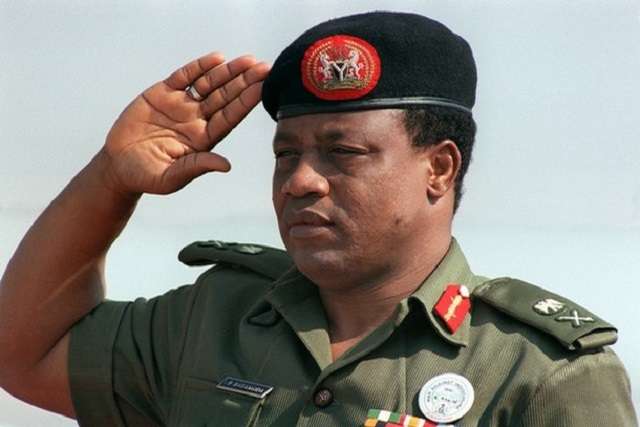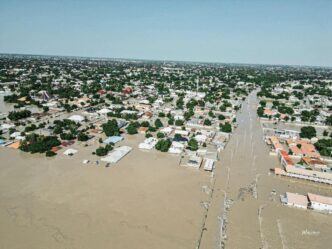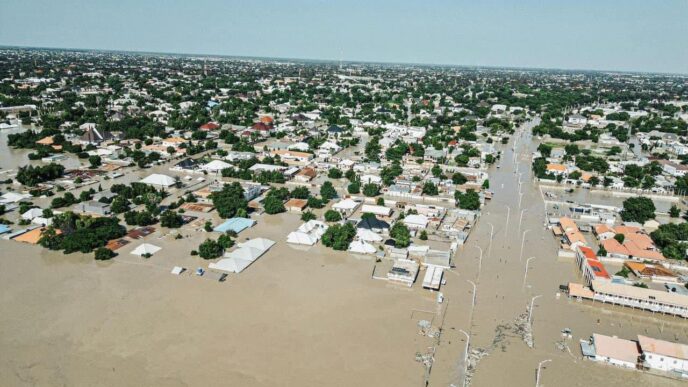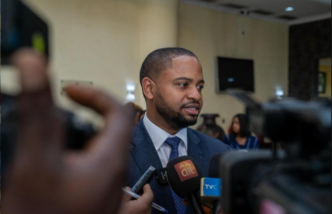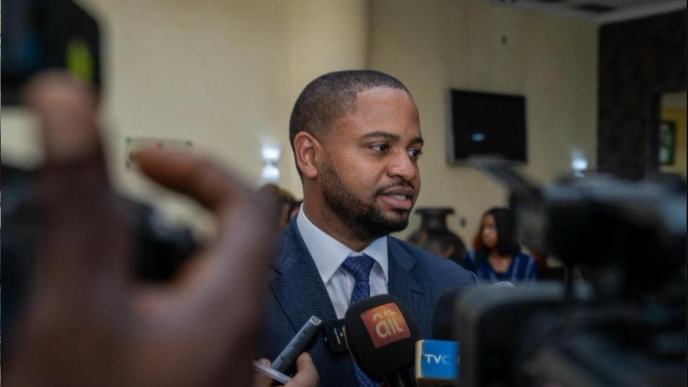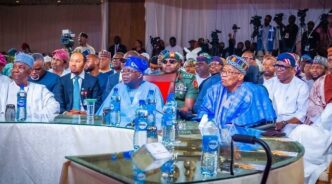BY OLUFEMI ADUWO
Few figures in Nigerian history have wielded power with such insidious cunning as General Ibrahim Badamasi Babangida. A man of voracious ambition, he did not merely govern; he orchestrated an elaborate political theatre, shifting roles and allegiances with Machiavellian precision. Despite his ostensible commitment to democratic transition, Babangida’s reign was one of manipulation, mendacity, and an insatiable thirst for absolute dominion. His legacy stands as an indelible cautionary tale of how power, when left unchecked, degenerates into tyranny.
By the early 1990s, Babangida had meticulously constructed the illusion of a transition to civilian rule. State governors were installed, legislative assemblies at both state and national levels were operational, and Nigeria ostensibly teetered on the brink of democratic restoration. However, beneath this democratic facade lay a meticulously engineered stratagem to entrench his grip on power.
Far from genuinely ceding control, he sought to transmute himself into a civilian president. He retired his deputy, Admiral Augustus Aikhomu, only to retain him in a civilian guise. Eschewing the traditional military designation of “head of state,” Babangida adopted the appellation of “president,” deliberately blurring the demarcation between military despotism and civilian governance. The final act in this grotesque political masquerade was his planned metamorphosis from a khaki-clad dictator to a democratically anointed autocrat. Had his scheme succeeded, Nigeria would have borne witness to the first self-orchestrated military-to-civilian transition, not in service of national advancement, but as a cynical exercise in self-preservation.
Advertisement
Babangida’s ability to neutralise political adversaries was unparalleled. He wielded power with the ruthless efficiency of a grand inquisitor, excising formidable figures such as General Domkat Bali and Navy Commodore Ebitu Ukiwe with callous ease. These were not mere administrative reshuffles but calculated purges designed to obliterate any challenge to his omnipotence. Despite whatever fabrications he has since peddled in his memoirs, Babangida had the capacity to eliminate Sani Abacha had he so desired. If Abacha were alive today, the brazen allegations Babangida now levies against him would never have seen the light of day.
Perhaps Babangida’s most damning act of treachery was the annulment of the June 12, 1993, presidential election, an act that sealed his reputation as Nigeria’s most duplicitous political operator. The election, unequivocally won by Chief MKO Abiola, symbolised Nigeria’s best hope for a democratic rebirth. Yet, in a perfidious display of political chicanery, Babangida nullified the process, plunging the nation into turmoil and exposing the sheer hollowness of his purported transition. This was not about democracy; it was about perpetuating his stranglehold on power while weaving an elaborate web of deception.
His regime remains one of the most financially opaque in Nigerian history, with vast sums of public funds vanishing into an abyss of unaccountability. Despite his grandiloquent posturing, he has failed to provide coherent explanations regarding the brutal assassination of Dele Giwa via parcel bomb in 1986 or the murky circumstances surrounding the missing $12bn Gulf War windfall. General Muhammadu Buhari, ousted in a coup spearheaded by Babangida, alleged that his overthrow was precipitated by his staunch stance against corruption and drug trafficking amongst top military brass. These accusations, though decades old, remain as damning today as they were then.
Advertisement
Now, in his twilight years, Babangida seeks to sanitise his legacy, commissioning sycophantic scribes to varnish his tainted history. Yet, history remains impervious to revisionist machinations. His so-called “IBB Library” is nothing more than an extravagant shrine to his vanity, a repository of propaganda rather than a bastion of knowledge.
Babangida does not belong in the pantheon of statesmen but in the ignominious annals of history, a grim reminder of the perils of unchecked power. The likes of Babangida must never again be entrusted with the destiny of any nation. His odyssey from the barracks to the presidential villa was not one of enlightened leadership but of calculated self-aggrandisement at the expense of national cohesion.
His legacy is a nation fractured, plundered and cynically betrayed. No volume of revisionist literature, no grandiose library, and no carefully choreographed public engagements can expunge the indelible stain of his misrule. Babangida may have been a maestro of political chess, but in the end, his game left Nigeria debilitated, disillusioned and perpetually yearning for true democracy. His legacy is not one of greatness but of squandered potential and irredeemable perfidy.
Olufemi Aduwo is the permanent representative of CCDI to the United Nations. He can be contacted via [email protected]
Advertisement
Views expressed by contributors are strictly personal and not of TheCable.
Add a comment
